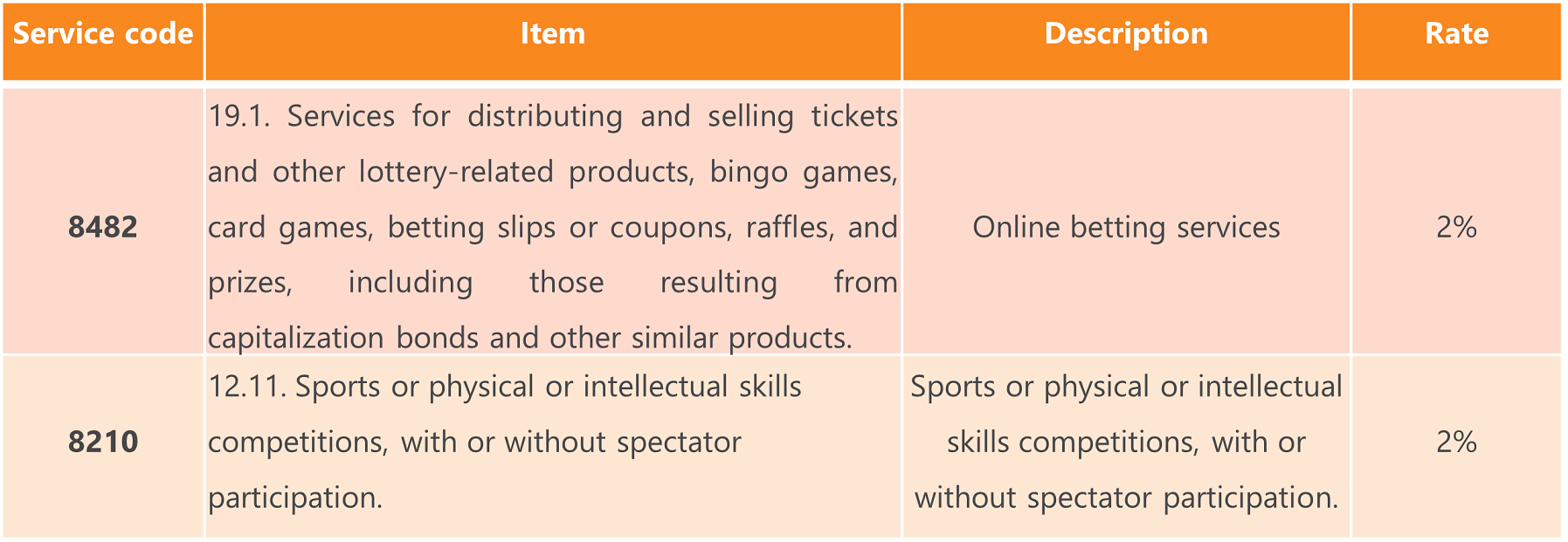

Gaming, gambling and sports betting: legal trends for 2023
Recent developments include progress in the status of bills for regulating these activities in Brazil, as well as news regarding state and municipal lotteries
Subjects
In February 2022 – more than 30 years after it was first presented to the Brazilian Congress – a bill that intends to legalize and regulate gambling in Brazil was approved in the House of Representatives. Bill No. 442/1991 provides for regulating casino games, bingo, video bingo and slot machines, online games, horseracing-related entities, and a popular Brazilian game known as jogo do bicho (‘animal game’).
The bill also provides for giving a federal body regulatory and supervisory powers in relation to the gambling and betting industries, and establishes minimum requirements for companies seeking to run such games in legalized markets. Moreover, it creates guarantees for players and bettors, mechanisms to prevent people from falling into debt, and institutes taxes on income generated from gambling activities (for more information about this bill, click here).
Meanwhile, the House of Representatives approved a bill regulating electronic games (including fantasy games) in October 2022. Bill No. 2,796/2021 includes provisions concerning the manufacture, import, commercialization and development of electronic games, as well as entertainment services linked to fantasy games in Brazil. By classifying the development of electronic games as a form of technological research and innovation, this bill also allows game developers to take advantage of a series of fiscal incentives established by Law No. 11,196/2005 (Lei do Bem). For more information about Bill No. 2796/2021, click here.
Both bills are awaiting review in the Brazilian Senate and are expected to be analyzed during the next legislative session. Should the Senate approve the bills in their current form, they will be sent to the President’s office for assent and/or veto. If, however, the Senate makes substantial changes to the bills’ texts, the matter must be sent back to the House of Representatives, which will then decide whether to accept the proposed suggestions.
In addition to these discussions moving forward at the federal level, progress regarding other topics related to the sector is expected.
Sports betting regulation
In 2018, a law (No. 13,756) was enacted that created a form of fixed-odds sports betting in Brazil, defined as betting on real-world sports events in which the sum the bettor can win (in the event of an accurate prediction) is established at the time the bet is placed.
This form of betting must still be officially regulated by the Ministry of Finance, due to it being classified as a public service. In this context, the law establishes that the Ministry of Finance had up to two years (extendable for an equal period) from the date the law was enacted to publish regulations for fixed-odds sports betting operations. This period came to an end in December 2022, though the regulations are still pending.
Despite the deadline expiring, the regulations are still expected to be published to ensure greater legal certainty for companies that wish to legally run fixed-odds sports betting operations in Brazil. In the meantime, interested parties are waiting for the Brazilian Congress to legalize gambling (as outlined above) while also evaluating appropriate judicial or administrative measures to address the issue.
Service tax reduction in the city of São Paulo
Irrespective of the fact that online betting services are still not regulated in Brazil, on December 29, 2022, the mayor of São Paulo enacted Municipal Law No. 17,875, which among other measures, amends the legislation for the Tax on Services (ISS) in São Paulo.
This law has reduced the ISS rate from 5% to 2% for activities linked to sporting competitions or physical or intellectual skills, as well as the distribution and sale of tickets and other lottery-related products and services. The São Paulo Municipal Treasury’s (SF/SUREM) Normative Instruction No. 3 (published on January 30, 2023) created new service codes for these activities and included ‘online betting services’ within the description of these services, as shown below:

New municipal and state lotteries
In the wake of a 2020 Federal Supreme Court (STF) decision determining that Brazil’s federal government does not hold a monopoly over lottery operations, various states and municipalities throughout Brazil have quickly begun to move toward creating their own lotteries.
The state of São Paulo, for example, enacted State Law No. 17,386/2021, which authorizes the Executive Branch to institute and operate the São Paulo State Lottery, with any resulting net profits used to fund measures related to social assistance and reducing social vulnerability in the state. Other states – such as Rio de Janeiro – have already enacted rules that allow for creating their own state lotteries.
On January 12 this year, the state of Tocantins enacted State Law No. 4,136, which authorizes the state’s Executive Branch to authorize or concede lotteries as a public service.
In this context, a number of states and municipalities have started bidding processes involving local and international companies (including consortia), which is expected to continue in the coming years. For example, as recently as February 7, the state of Minas Gerais published a bid notice for a concession to operate a lottery in the state, which is expected to result in a BRL 5 billion windfall for the winning bidder.
For further information on these topics, please contact Mattos Filho’s Tax and Entertainment practice areas.



